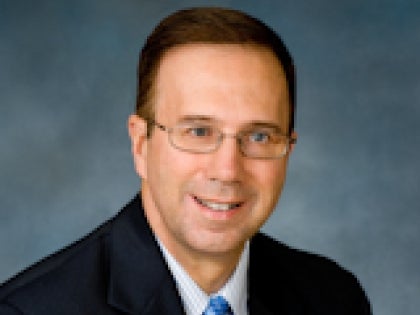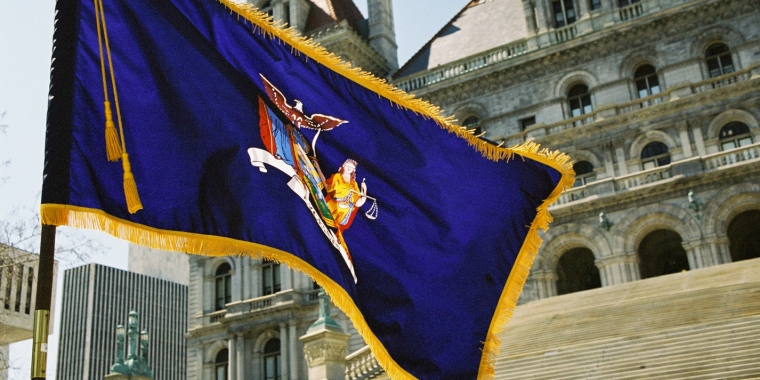
Griffo Pushes Legislation for State Government Overhaul
Joseph A. Griffo
July 23, 2009
-
ISSUE:
- Government Operations

Griffo calls for Constitutional Convention to Revise Government Structure
Senator Joseph A. Griffo (R-I-C, Rome) today announced that he has introduced legislation (Senate bills 6093 & 6094) in Albany to call a constitutional convention that will fix the structural flaws in New York state government. Griffo also said that existing state laws governing any convention need to be reformed to ensure widespread ability for people to participate and to eliminate conflicts of interest.
“The spectacle of Albany saddens me. People have so long lost confidence in their government; they have turned away from it instead of trying to fix it. The cost of that disconnect is draining their bank accounts dry. Now, as we stand in the chaos and ruins of a leadership system that has crumbled, I demand that every legislator act to recognize that the system is broken beyond repair and to take a first step in fixing it by supporting a constitutional convention,” Griffo said. “We can't pass one bill or change one piece of the Albany process, because it is so fundamentally flawed. It is time to tear up this mess and start over. A state constitutional convention with representation from the people is the best way to put all of the reform ideas on the table, decide which to adopt, and give the people of New York the chance to restructure government in ways that will give us lower taxes and greater efficiency.”
S.6093 provides for a constitutional convention to be held to consider amendments to Articles III, IV and V of the New York State Constitution, specifically those sections which deal with the Legislature, Governor and Civil Departments. S.6094 would help to ensure citizen participation by requiring that no person acting as a political party chairperson, an elected public officer, an individual who is subject to the rules established by the commission on public integrity and any other person who is an officer of an organization, association or corporation that receives public funding could participate as a delegate to a constitutional convention.
Griffo said the convention should be narrowly focused on fixing the structural flaws in the Legislature and in the rules that govern vacancies for elected positions, so that there can be no more appointments to statewide offices. “In the past three years, we have seen the flaws of our structure stop government in its tracks,” Griffo said. “A constitutional convention is the place to develop a better structure and then place that before the voters – who are clearly demanding radical steps to change the system.”
Griffo said that while overhaul is necessary, overhaul of the rules governing any constitutional convention is an essential first step. “The system now is really geared so that people who have power, wealth and influence can dominate this type of a convention,” Griffo said. “I think we need to mandate that elected state officials cannot serve; that lobbyists cannot serve; and review all the rules regarding who gets paid and for what. The idea of a constitutional convention is to bring people together to change a system that is horribly broken, not to create a spending machine for well-connected insiders.”
“If the people of New York could make the changes we know need to be made, change would have already begun,” Griffo said. “For too long, Albany and its insiders has been the anchor holding back reform. That’s why we have the mess we do.”

